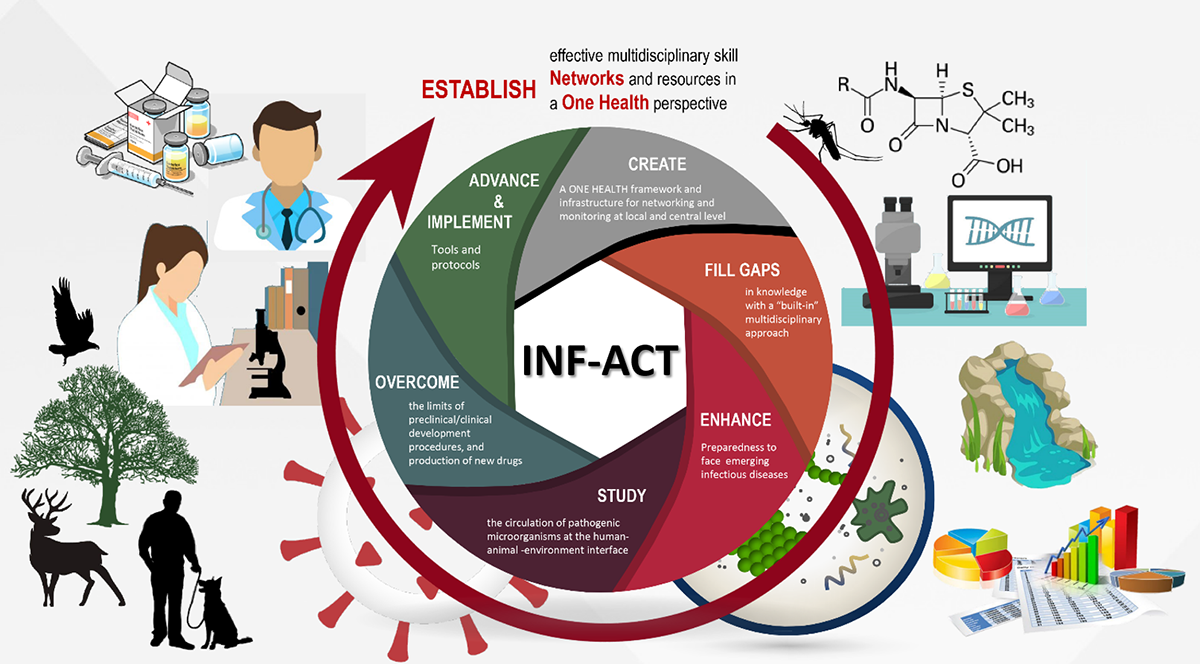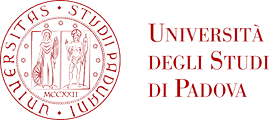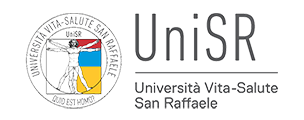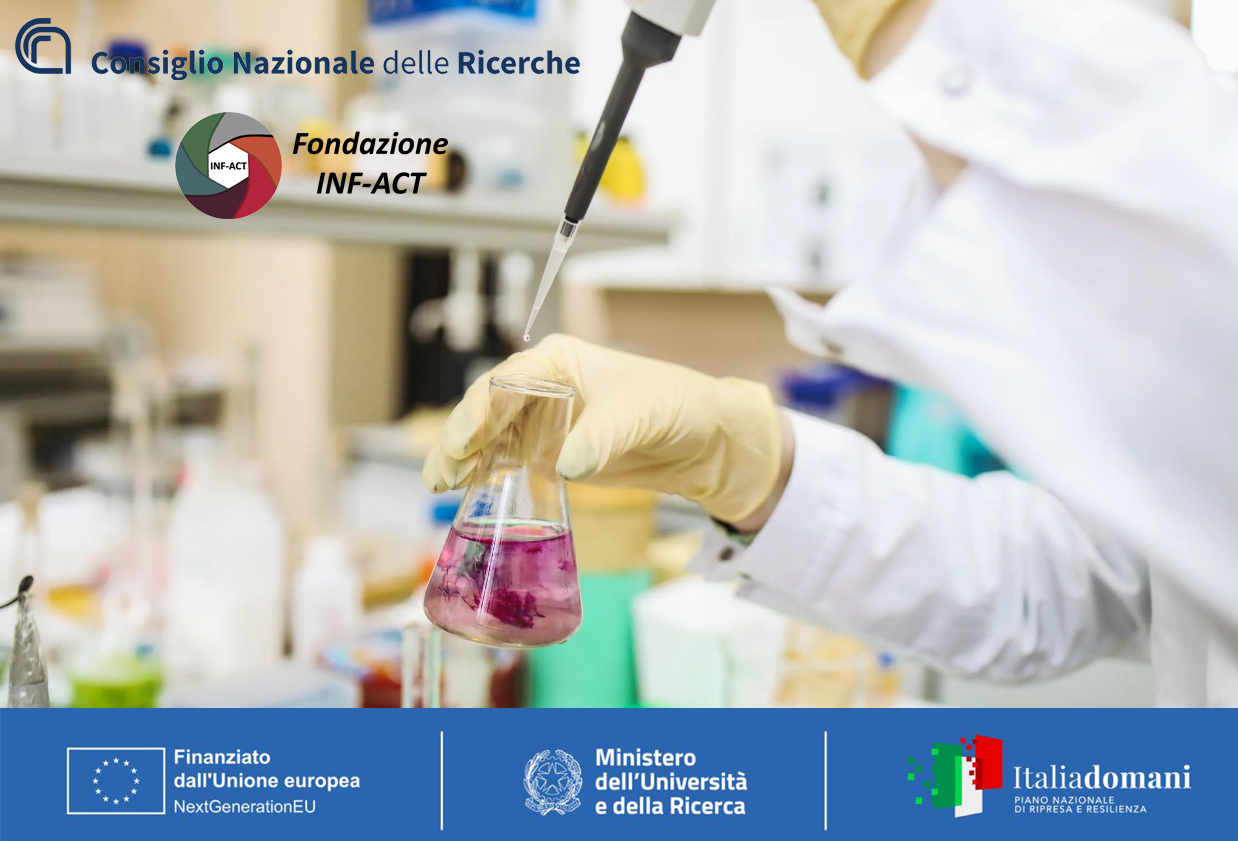
According to WHO, emerging infectious diseases are classified as "diseases caused by newly-identified or previously unknown pathogens causing public health concerns at the local as well as at the international level". The recent SARS-CoV2 pandemic is a glaring example of how the emergence of a new infectious agent in our globalized society can have devastating effects, also in countries at the forefront in technology, healthcare and monitoring. At the same time, relevant lessons were learned regarding the ability to detect and isolate the pathogen of concern, sequence its genome, monitor the emergence of variants, rapidly define candidate prophylactic and therapeutic strategies and quantify risk and prioritize public health interventions (both pharmaceutical and nonpharmaceutical) with subsequent large-scale production and distribution of diagnostic "in house assays" and commercial kits, PPE and drugs. Also defining and monitoring humoral and T-cellular immune response to both natural infection and vaccination in healthy subjects and different cohorts of patients proved to be of paramount importance for patients management and policy making. This experience has highlighted the response potential and capacity of modern multi-disciplinary scientific research, that is, in turn, strongly dependent on the acquisition of ever broader and in-depth knowledge on host-pathogen interaction mechanisms involving both the microbial agent, the vector and/or the animal reservoir, and the human host in an operational "one health" approach within their reciprocal relationships with the reference ecosystems. This is particularly relevant considering that most emerging infectious diseases are zoonotic, occurring at the human-animal-environmental interface, and linked to inter-species "spill-over" events. Such change of paradigm from a man-centered approach to a comprehensive vision constitutes the main guideline along which the research efforts should be directed to increase preparedness, readiness and response capacity of health systems, and ultimately the resilience and resistance of countries, against epidemic and pandemic events.
The INF-ACT research program addresses pressing unmet needs of human emerging infectious diseases in both fundamental as well as in translational aspects, taking into consideration human health in a wider context including domestic and wild animals as potential disease reservoirs and environmental factors enhancing the possibility for spillover (One Health approach). The project is focused on five research nodes. Three "vertical" research nodes address different research themes:
The INF-ACT consortium is composed of 25 research Institutions from the public and the private sector from all over Italy
:


























Tecnologie di chimica medicinale per lo sviluppo di antivirali innovativi: aperto un bando a cascata

INF-ACT is a Participated Foundation (Fondazione di Partecipazione)
Codice Fiscale 96084470184 - Partiva IVA 02894510185
Address: Corso Strada Nuova, 65 - 27100 Pavia (Italy)
Contact e-mail: management@inf-act.it - PEC: inf-act@pec.it
Fondazione Trasparente - Privacy & Cookies
The INF-ACT Foundation is the Hub of the a project funded under the National Recovery and Resilience Plan (NRRP), Mission 4 Component 2 Investment 1.3 - Call for tender No. 341 of 15 March 2022 of Italian Ministry of University and Research funded by the European Union - NextGenerationEU; Project code PE00000007, Concession Decree No. 1554 of 11 October 2022 adopted by the Italian Ministry of University and Research, Project title "One Health Basic and Translational Actions Addressing Unmet Needs on Emerging Infectious Diseases (INF-ACT)".